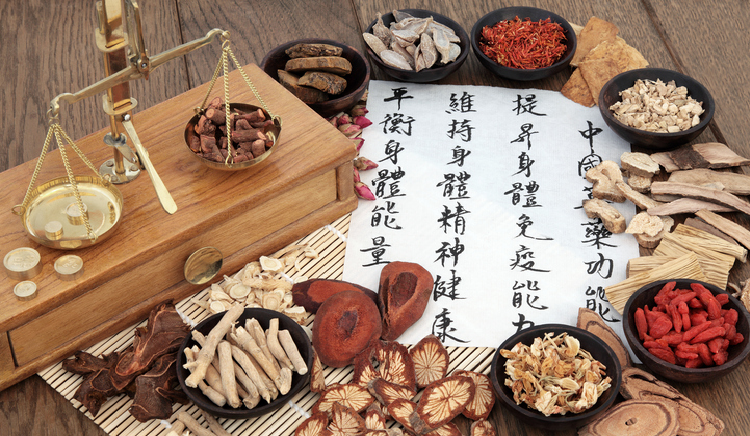COVID-19 changes preferences? China consumers less interested in overseas supplement brands, while trust in TCM rises

Online responses of about 3,500 China consumers living in tier 1 or 2 cities was collected by The New Zealand Institute for Plant & Food Research in June.
Results of the survey were compared against a similar survey done in China last March to assess changes in consumers’ attitudes towards health and nutrition.
The findings, revealed on a webinar organised by the High-Value Nutrition National Science Challenge, showed that the respondents do not necessarily prefer overseas vitamin and mineral (VMS) brands more these days.
On the question “I prefer multivitamins and supplements from overseas brands,” about 75% of the respondents said they were less agreeable with the statement compared to last year.
The same was seen for the food and beverage categories, where the majority of the respondents were more agreeable that the country of origin is not an important consideration when deciding if a product is safe for consumption.
Respondents were also trusting TCM more than before, with the majority expressing less support for the statement “I don’t believe TCM are effective for treating [condition] health.”
TCM had seen a revival during the pandemic as national institutions have been trialling these formulas on COVID-19 patients, with pulmonologist Zhong Nanshan conducting trial on products such as Lianhua Qingwen.
Less trust in health claims
On the other hand, there is a decline in interest in consuming functional foods with health claims.
About 75% of the respondents were less receptive of trying out a new food or beverage that contained ingredients that claim to benefit their health.
They were also less likely to pay 20% above the standard price for a food or beverage proven to improve health.
“[There was] a reduction in trust placed in health claims…We need to start thinking about effective ways of conveying the credibility of claims to these consumers.
“With the right mix of credible health claims, natural aspects to the ingredients, being New Zealand made and sold, as well as that word of mouth recommendation, we are still on track to developing highly compelling high value nutrition products for this market,” said Tracey Phelps, from the organisation’s consumer and product insights team.
Daigou’s roles
A new study centred around ‘daigou’ shoppers and China consumers is in the pipeline for the institute.
‘Daigous’ are individuals who buy coveted overseas goods and sell it to consumers in their home countries.
Through the lenses of ‘daigous’, the study aims to find out if China consumers’ attitudes, perceptions and demands towards NZ food and wellness products have changed amid COVID-19.
It also seeks to understand the dynamics of the ‘daigou’-consumer relationship and their communication of NZ’s brand image.
The study will involve in-depth interviews with about 20 ‘daigous’, followed by an online survey with 200 ‘daigous’.
“Although there is no official figure on the size of the 'daigou' population in New Zealand, there is no doubt that 'daigou' is playing a very unique role between Chinese customers and New Zealand products.
“In this upcoming study, we will like to take a deep dive into this special form of business and learn about Chinese consumers through the lenses of daigou,” said Dr Ivy Gan, who is running the study.
Actual trade numbers, however, suggested that the sentiments from the survey has not yet hit sales.
China imported dietary supplements worth US$2bn in the first six months of this year, this is 32.1% higher than the same period last year, said a report by the China Chamber of Commerce for Import and Export of Medicines and Health Products (CCCMPHIE).
Omega-3 and edible bird's nest were some of the fastest growing categories, and most of the dietary supplements (35%) were imported from Asia.













